Introducing OneH2’s New Website
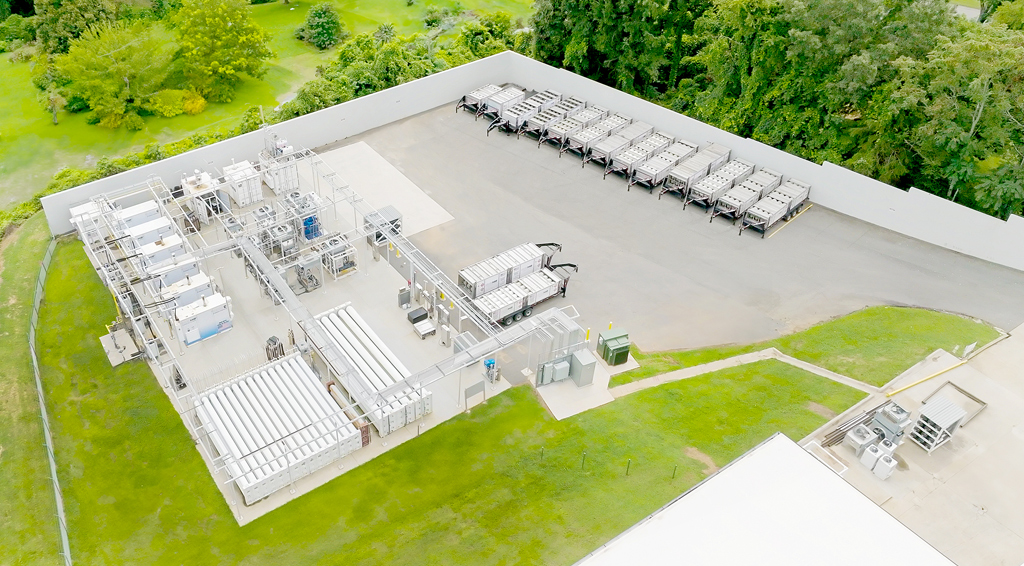
OneH2 is proud to announce the official launch of our new and improved website. As a leader in hydrogen fuel products and solutions, we’ve revamped our online presence to better serve our customers and partners. With a fresh look and enhanced user experience, our new website serves as a comprehensive platform to explore our hydrogen […]
Could Hydrogen Vehicles Transform Mining?
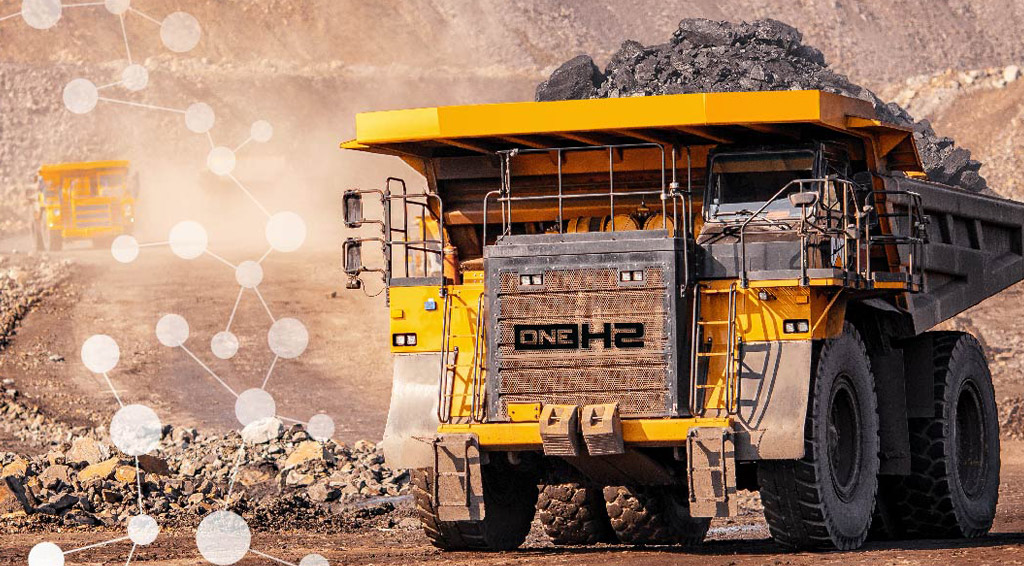
The mining industry is one of many sectors exploring the possibilities hydrogen-powered vehicles have to offer. From excavators to haul trucks, mining equipment brings many opportunities for hydrogen fuel implementation. This industry is well-suited for lower-emission fuel options as it employs a vast quantity of machines that often operate 24/7. For vehicles in confined spaces, […]
Trucking Industry Explores Hydrogen Fuel Technology

New sustainability initiatives and government regulations continue to drive the adoption of hydrogen fuel in the trucking and transportation industry. In this blog, we’ll explore recent announcements from companies such as Hyundai, IKEA, and IMC as they invest in hydrogen fuel technology. These companies recognize the benefits hydrogen fuel offers over battery-electric vehicles (BEVs). While […]
GM and Komatsu Partner for Hydrogen-Powered Mining Truck

On December 12, 2023, General Motors and the Japan-based manufacturing equipment company Komatsu announced a development partnership for hydrogen fuel cells. As an advocate for hydrogen fuel solutions, OneH2 is excited about the innovation that will come from the partnership of these two leading manufacturers and the opportunities it will bring to the industry. Michigan-based […]
Hydrogen Storage and Transportation Solutions
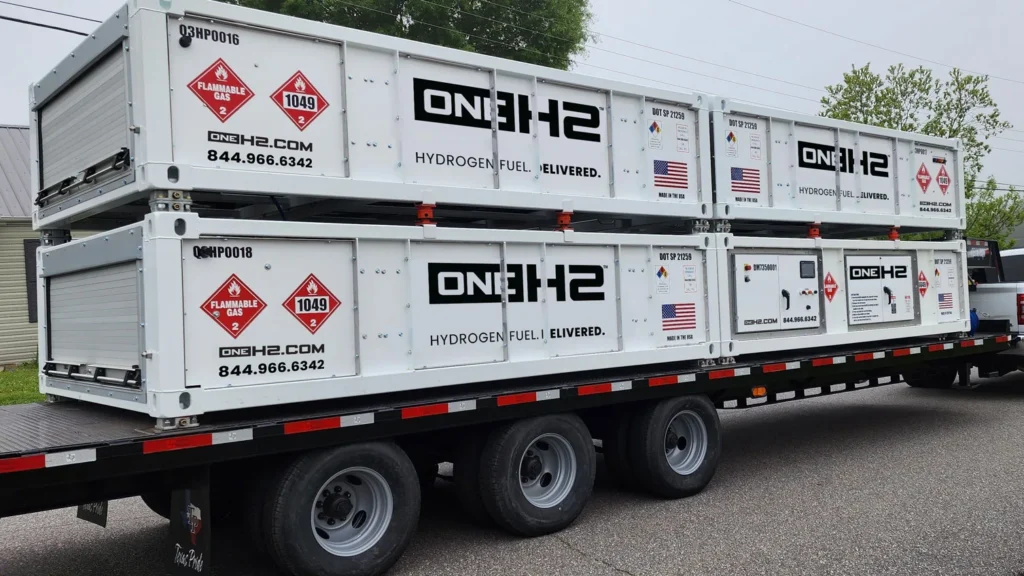
Methods for storing and transporting hydrogen can vary widely depending on the use case. Today, most hydrogen-powered vehicles utilize some form of onboard hydrogen storage in the form of tanks. These tanks typically store compressed gaseous hydrogen at a pressure of 350 or 700 bar (5,000 and 10,000 psi). Passenger cars and other light-duty vehicles […]
The Impact of Hydrogen on Powered Industrial Vehicles
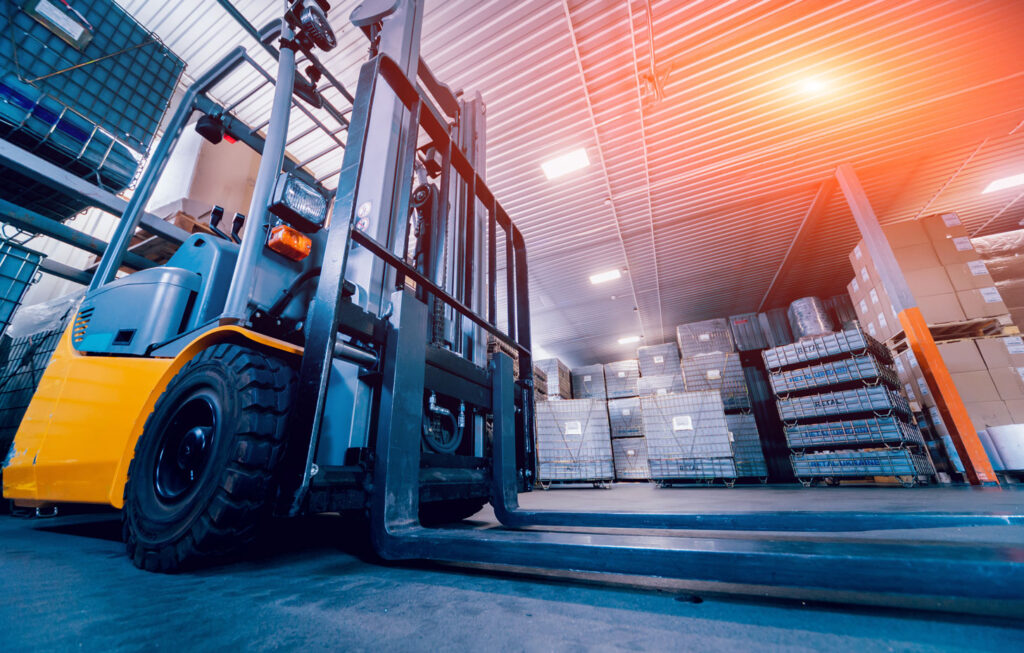
Today’s material handling operations require reliable fleets of powered industrial vehicles (PIVs). These fleets are usually powered by internal combustion engines (ICEs) or battery-electric vehicles (BEVs). Both of these options create several operational and logistical challenges. However, technological improvements in hydrogen fuel and fuel cells have created an alternative fuel source for PIVs. A recent […]
International Hydrogen Initiatives

As countries worldwide seek to lower their carbon emissions, many public and private initiatives are underway to expand the use of hydrogen fuel. Because it creates zero carbon emissions at the tailpipe and offers greater efficiency and operational benefits than many battery-electric alternatives, hydrogen fuel is a viable solution for many countries’ sustainability efforts. To […]
Ford Announces Hydrogen Transit Van Test Fleet

American automaker Ford Motor Company recently announced plans to test hydrogen-powered transit vans in the United Kingdom. The test will take place over three years and will use Ford’s electric E-Transit van models that have been adapted to run on hydrogen fuel cells. Ford will partner with B.P. to provide the hydrogen and infrastructure for […]
Kenworth Announces Hydrogen Fuel Cell Heavy-Duty Truck

Kenworth recently announced plans to expand its lineup of clean energy trucking solutions with the launch of the T680 hydrogen fuel cell electric vehicles (FCEV). These Class 8 trucks will be powered by Toyota fuel cell technology and will produce zero carbon emissions at the tailpipe. Designed for long distances, the T680 FCEV will have […]
Green Hydrogen is the Clean Energy Solution the Steel Industry Needs
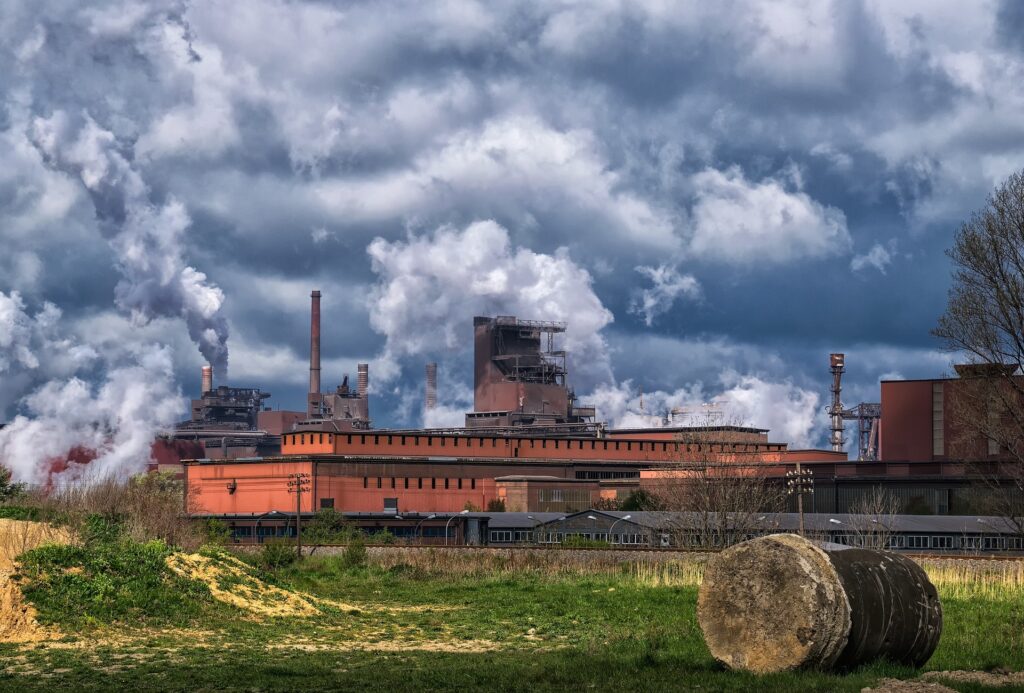
The steel industry offers one of the biggest potential opportunities for reducing greenhouse gas emissions. Globally, the steel industry is responsible for 8% of carbon emissions. This is due to the vast amount of coal required to heat steel furnaces. Currently, 75% of steel is produced using coal-fired furnaces. One method for reducing the environmental […]